Obituary: Robert Munroe
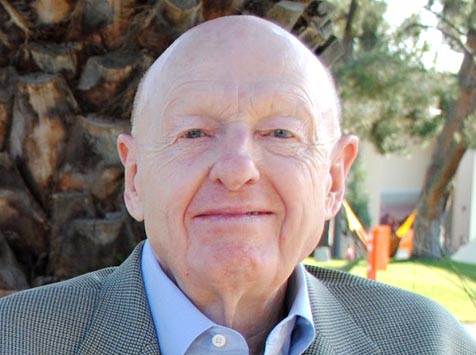
Longtime Claremont resident and founding faculty member of Pitzer College Robert Leon “Lee” Munroe died May 14 after a short illness.
Born in Baltimore, Maryland, Mr. Munroe was the eldest of five brothers. As a youth, he excelled at baseball and retained a lifelong passion for that sport. During the Korean War, he joined the US Army, and then pursued a bachelor’s degree at the University of California, Berkeley, graduating Phi Beta Kappa, with departmental honors in anthropology. He earned his PhD at Harvard in social anthropology where he met his wife and long-term research partner, psychologist Ruth Hagberg Munroe.
In 1964, the Munroes moved to Claremont to help establish programs in anthropology and psychology at the newest Claremont College, Pitzer. Their oldest child, Jonathan, remembers attending town hall meetings with his parents, as a youthful faculty and pioneering students discussed how Pitzer should operate.
Mr. Munroe relished life in Claremont, a collegial and stimulating community in which to live and rear three children. Field work in East Africa, however, exposed his children to radically different cultures and adventures. Some of daughter Julia’s best memories are of times living abroad, especially the occasion “Dad drove within inches of a bull elephant, turned to my mother and said, ‘Was that close enough for you?’’’
He was a quintessential teacher/scholar who, for more than 40 years not only taught students in the classroom but also engaged them in cross-cultural research in his research apprenticeship program. He was proud to have co-authored journal articles with more than 30 undergraduates.
One former student, Lynne Miller, remembers taking a course taught jointly by Lee and Ruth Munroe.
“It was all about patterns of human behavior in an effort to understand why people do what they do. They went beyond mere description and sought explanation. Lee’s quantitative rigor and critical statistical analyses demonstrated to me the value of anthropology as a science.”
Mr. Munroe’s more than 125 publications attest to that quantitative and analytic rigor. Together with Ms. Munroe, he collected a wealth of ethnographic and psychological data on children’s behavior from East Africa, Belize, American Samoa and Nepal. These data enabled him and his collaborators to systematically analyze how different sociocultural settings affect children’s development with respect to sex and gender roles, work, cognition, cooperation-competition and much more. He became a leader in cross-cultural human development and an expert in cross-cultural research methodologies.
His fierce passion for research led one anthropology colleague, Sheryl Miller, to urge him to take time off for a vacation.
“He convinced me,” she reports, “that nothing was as much fun for him as finishing a research project successfully.”
Anthropology colleague Susan Seymour recalls, “For the past 44 years Lee has read and critiqued everything I have written for publication. His breadth of knowledge was astounding and his advice always invaluable.”
Close friend and colleague Ronald Macaulay remarked, “Lee was a voracious reader. I was constantly amazed by the breadth of his interests in so many subjects, in both science and literature.”
Mr. Munroe’s most recent publication, in May, co-authored with psychologist Mary Gauvain, illustrates this breadth. It is about how and why owls are perceived differently across cultures and climatic zones and cites works by Darwin, anthropologists, cognitive psychologists and novelists.
“Owls had been a life-long interest,” he said, “so why not investigate them?” His children report that, when small, he loved to read them The Owl and the Pussycat by Edward Lear.
Another of his recent papers, also published with Ms. Gauvain, describes research examining relations between children’s cognitive development and their exposure to open-fire cooking.
“Lee was especially proud of this research,” Ms. Gauvain said, “because of its relevance to current concerns in global health. It also illustrates how Lee, through his research, engaged with issues of social and cultural significance throughout his life.”
His many honors include serving as president of the Society for Psychological Anthropology and the Society for Cross-Cultural Research.
In 1993, he was elected a Fellow of the American Association for the Advancement of Science and, in 2017, he became a Fellow of the Association for Psychological Science in recognition of his “sustained and outstanding contributions to the advancement of psychological science.”
Mr. Munroe’s wife, Ruth, and one son, Anthony, predeceased him.
He is survived by his son, Jonathan Munroe and wife Elaine Munroe; daughter, Julia Munroe Martin and husband Lee Martin; grandsons, Ben Martin and Max Munroe; granddaughter, Hannah Martin; and brothers, William Munroe and John Munroe.
Pitzer College plans to hold a memorial for Mr. Munroe in the fall.



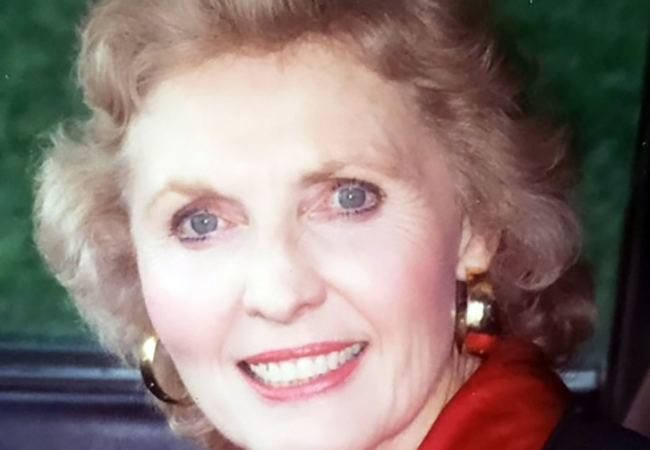
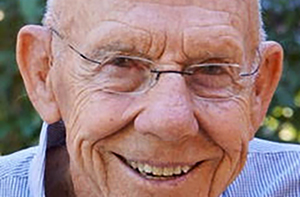
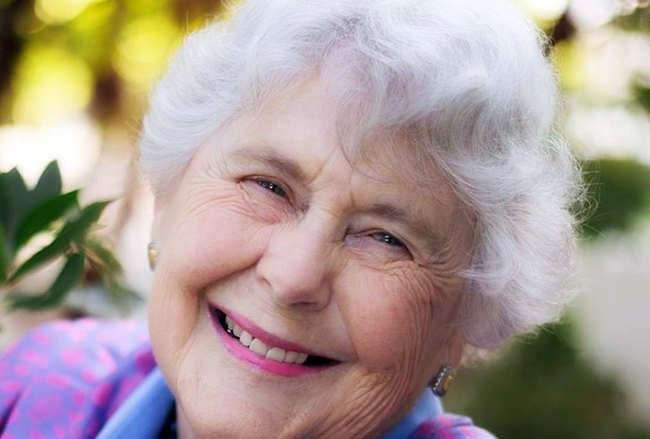
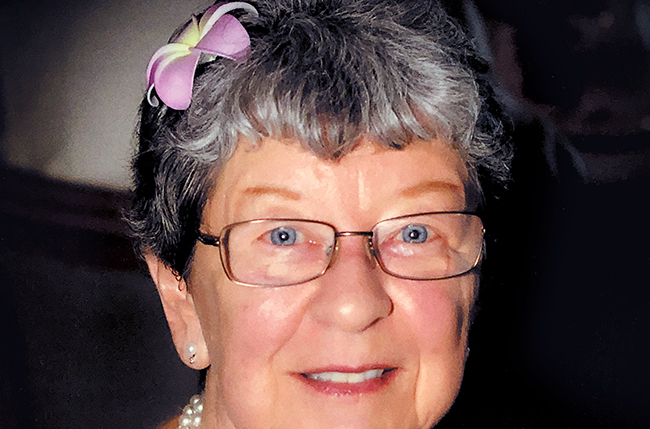
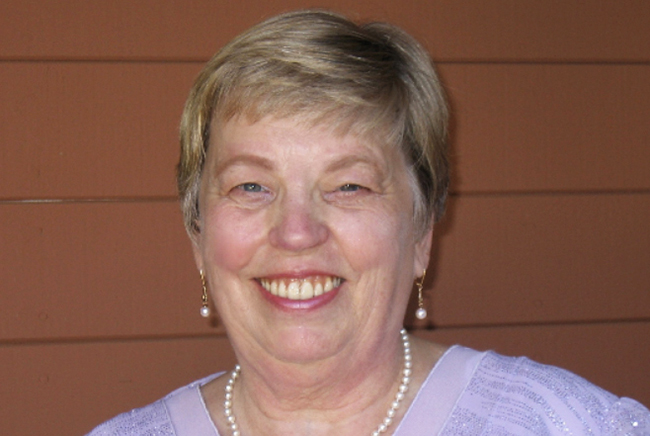
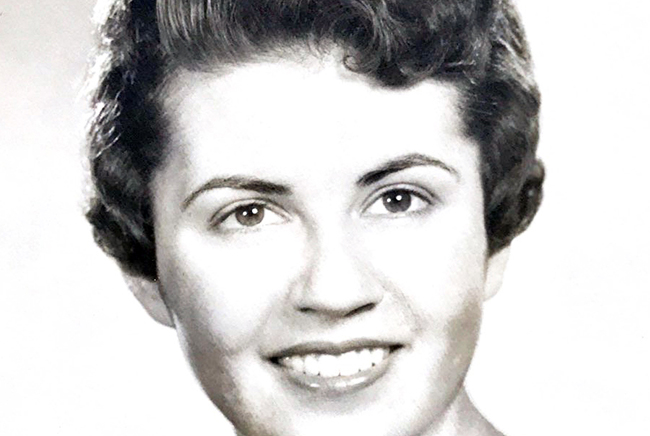

0 Comments